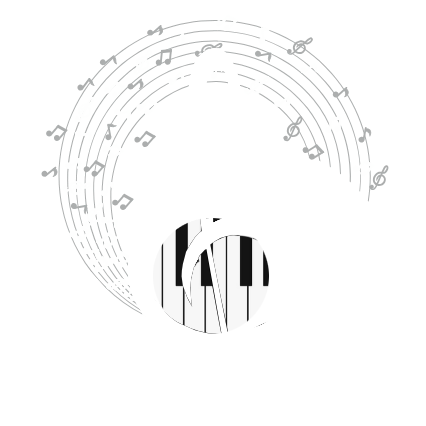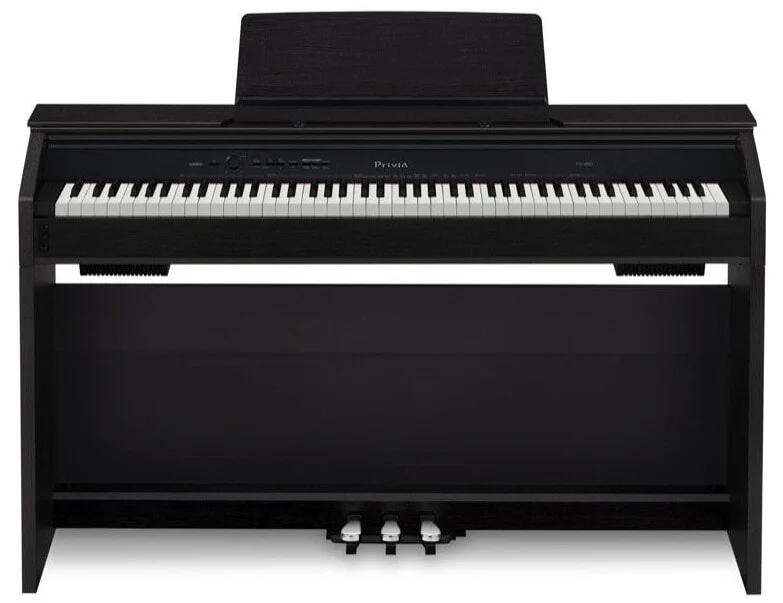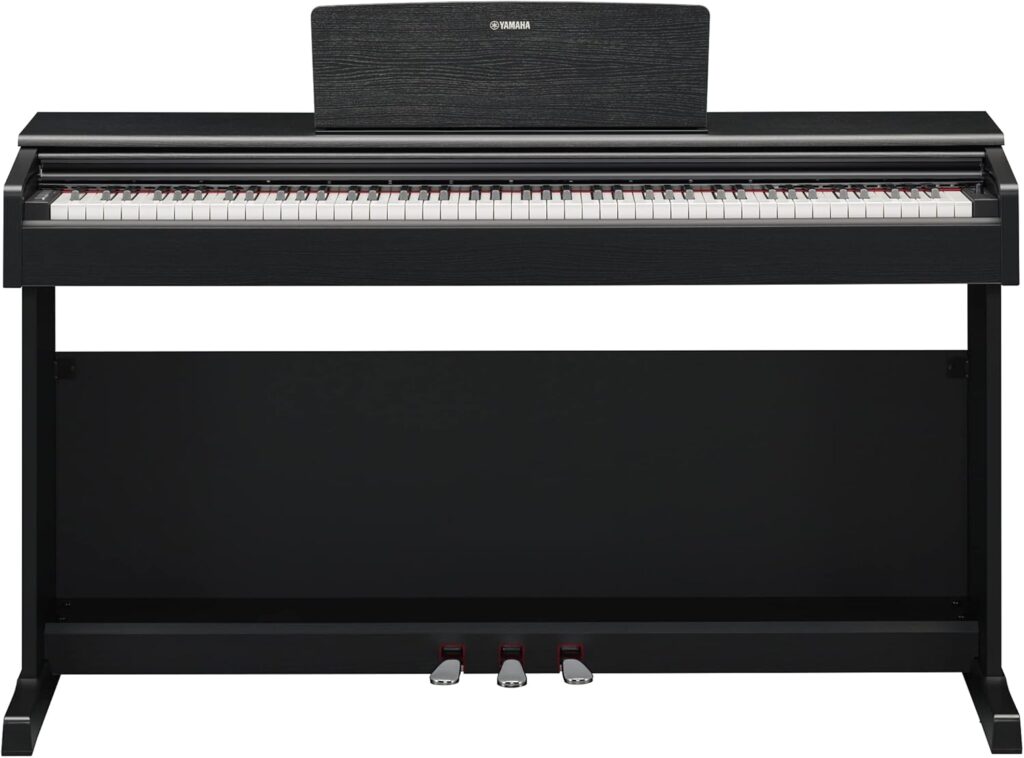1. Get Clear on Your Why
Start with Purpose
Before you dive into books, videos, or classes, ask yourself: Why do I want to learn this? Whether it’s for fun, a career goal, or personal growth, having a clear reason keeps you motivated when things get tough.
Write It Down
Put your “why” somewhere visible—your notebook, your phone lock screen, or your practice space. When you’re tired or frustrated, your purpose will remind you to keep going.
2. Break the Skill into Simple Parts
Small Steps Make Big Progress
No matter how complex the skill, it can be broken into manageable pieces. Want to learn piano? Start with scales or a simple song. Want to code? Learn how to print “Hello World” first. Every expert built their skills one step at a time.
Avoid Information Overload
You don’t need to know everything right away. Pick one mini-skill to start with, then layer on the next once you’ve got it.
3. Create a Consistent Practice Routine
Time Beats Talent
The best learners aren’t necessarily the most gifted—they’re the most consistent. You don’t need hours. Just 15 minutes a day, done consistently, builds momentum.
Build It into Your Life
Attach your practice to an existing habit. For example: “After breakfast, I’ll spend 10 minutes practicing,” or “I’ll do a quick session before I check social media.”
4. Use the Right Tools and Resources
Start Simple, Then Upgrade
Use beginner-friendly tools like apps, YouTube tutorials, books, or online courses. Avoid jumping into expert-level materials—it’s easy to get discouraged or confused.
Ask for Help or Feedback
Join a group, find a teacher, or connect with others learning the same skill. Asking questions doesn’t make you look weak—it makes you progress faster.
5. Track Your Progress and Reflect Often
Keep a Log or Journal
Jot down what you practiced, what worked, and what didn’t. Over time, you’ll see growth that you might’ve missed in the moment.
Celebrate the Small Wins
Mastered a chord? Learned a new word? Finished a lesson? That’s progress. Celebrate it. Rewarding yourself makes the process more enjoyable—and keeps you going.
Conclusion: Start Small, Stay Curious, Keep Going
Learning a new skill doesn’t have to be overwhelming. With a clear purpose, simple steps, and steady practice, you’ll build confidence and momentum. The secret isn’t talent—it’s showing up. Start with what you have. Use what you can. And keep moving forward, one step at a time.
FAQs
1. What’s the most important thing to do when starting a new skill?
Start small and stay consistent. Tiny actions, done daily, lead to real progress.
2. How long does it take to learn a new skill?
It depends on the skill, but regular practice (even just 15–30 minutes a day) can lead to big improvements in a few weeks or months.
3. What if I lose motivation halfway through?
Go back to your “why.” Remind yourself why you started and try a new resource or technique to reignite your interest.
4. Should I learn one skill at a time or juggle a few?
Start with one if you’re brand new. Once you’ve built momentum, you can add another—but don’t spread yourself too thin.
5. Do I need a teacher, or can I self-learn?
You can absolutely self-learn many skills. But a teacher or mentor can speed up your progress and help you avoid common mistakes.



